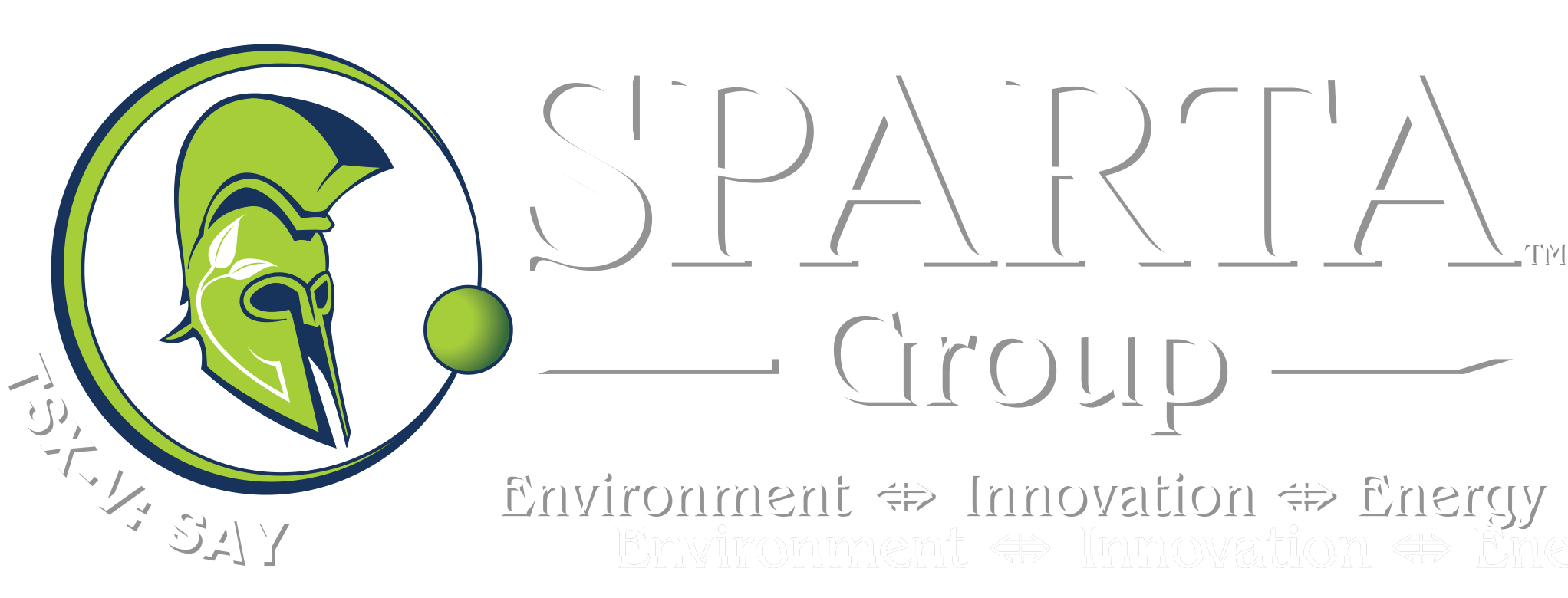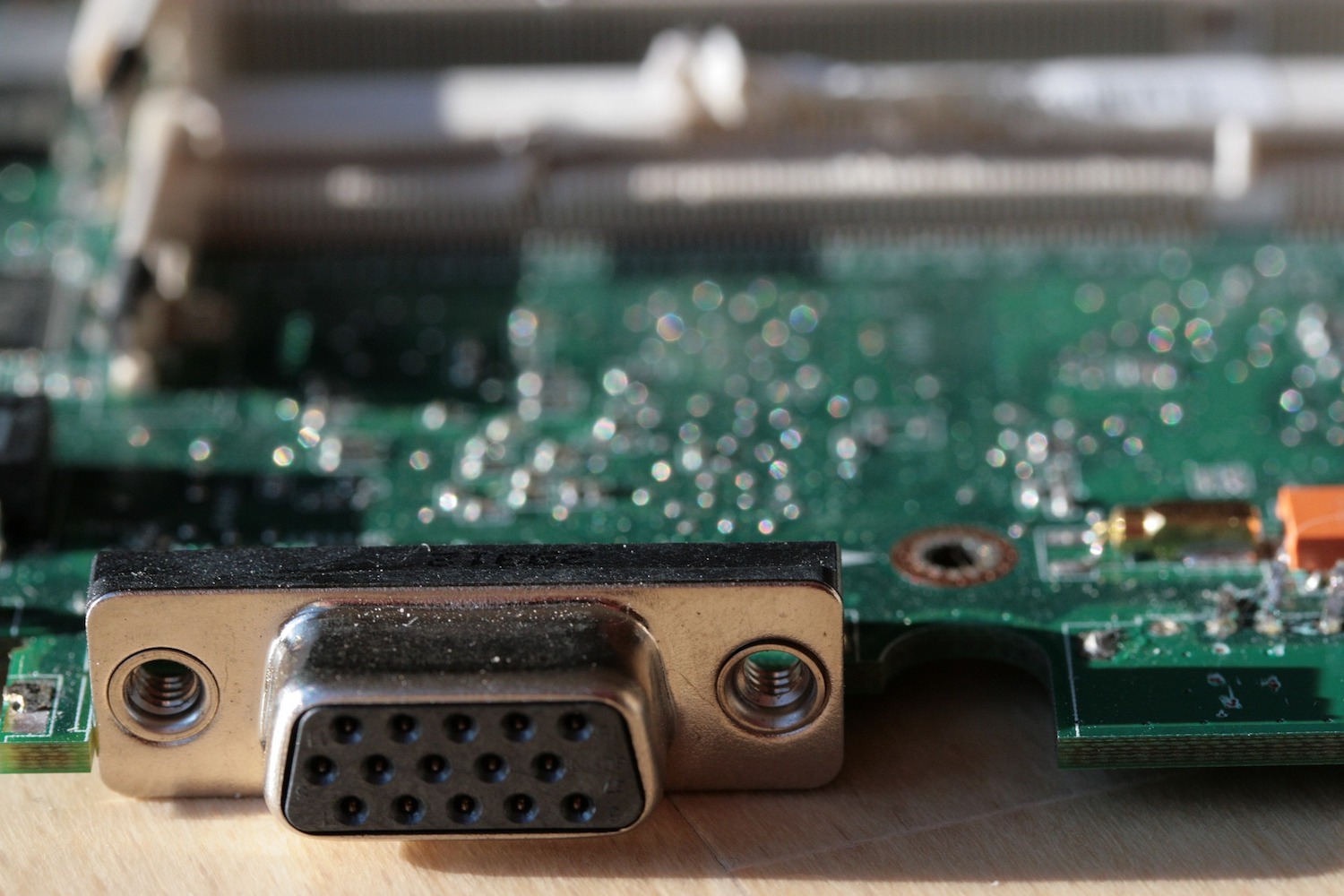– Teresa Madaleno:
Researchers at the University of Waterloo report that Canada’s electrical and electronic waste has more than tripled over the last two decades. The increase is being attributed to consumer habits and a growing Canadian population. What does this mean to a company like Sparta Group that has an e-waste recycling facility?
To Sparta management it means “opportunity and growth”. Sparta’s Environment division recently increased its workforce by 30 percent to keep up with a growing demand for e-waste processing. Just prior to a hiring blitz at the company’s Toronto processing facility, Sparta announced it was expanding by opening an e-waste recycling/upcycling operation in Oman. The country located on the southeastern coast of the Arabian Peninsula has never had an industrial electronic waste recycling facility. Oman has been stockpiling e-waste for years, just hoping to get a full-service recycling operation.
Earlier this year, the United Nations (UN) announced that 53.6 million metric tons of e-waste is produced every year worldwide. The Waterloo study reveals that e-waste generation per Canadian has increased from 8.3 kg in 2000 to 25.3 kg in 2020, pointing out the need for more recycling and upcycling. Any e-waste that is not collected and recycled is a missed opportunity for the circular economy.
Many organizations like the UN have been calling on governments around the world to establish regulations that will lead to increased e-waste recycling rates. Offering incentives for recycling has also been encouraged. Incentivising e-waste efforts is something Sparta has already done. The company is the first e-waste recycler in North America that is certified to offer its customers verified carbon credits. Sparta’s e-waste processing facility in Toronto is generating carbon credits every day.
“At this time last year (2022), you would see up to 25 truckloads of e-waste being unloaded at our facility in East Toronto each month. Today, it is almost double –about 45 truckloads. The growth has been incredible, and we don’t expect that to stop,” said John O’Bireck, Sparta President and CTO.
Sparta management believes studies like the one carried out by researchers at the University of Waterloo are important because they can help educate people about their own habits and contribution to the problem. It also reminds companies that they too have a responsibility to curb waste.
“If we can make recycling easier for people it makes a difference. There are some retailers that have jumped onboard with this by offering buy-back, mail-in e-waste collections, as well as collection events. Best Buy and Staples are examples of this. When we make recycling beneficial it is also helpful. If you run a manufacturing facility, an insurance agency, a bank, an educational institution, or some other type of business that uses electronics, you can turn to us to recycle and upcycle your outdated electronics and we can generate greenhouse gas credits for you at the same time,” O’Bireck explained.
The study by the University of Waterloo has been published in the Journal of Hazardous Materials.



